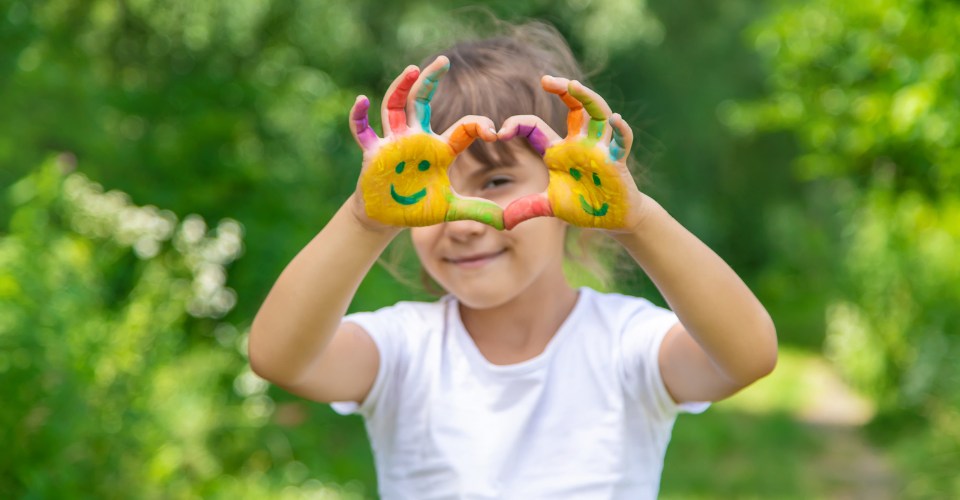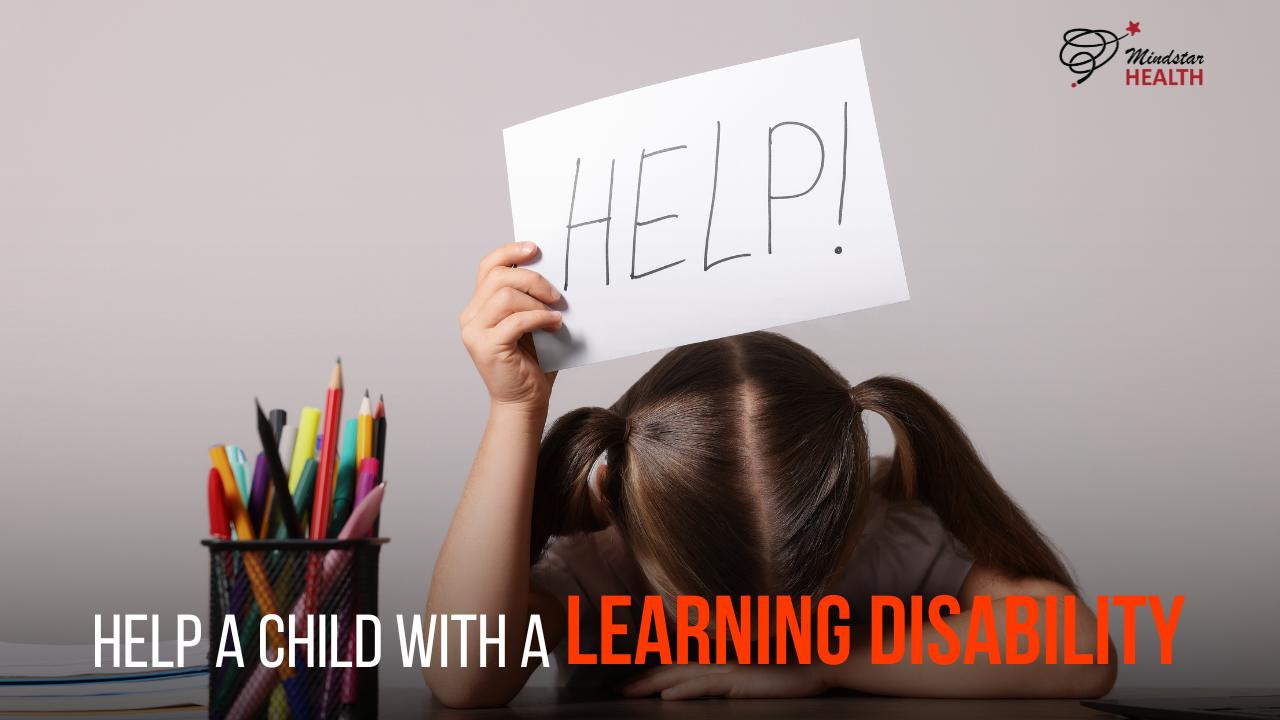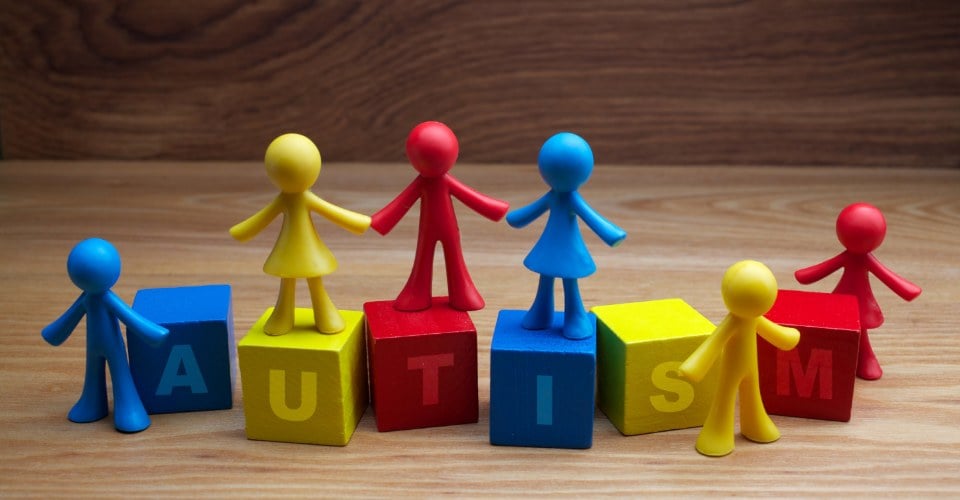A Relatable Story
Imagine a playground disagreement: one child cries, another storms off, and a third steps in, offering comfort and resolving the conflict. That third child displays emotional intelligence—a vital life skill enabling them to understand and manage their own emotions while empathizing with others. As parents and caregivers, it’s our job to nurture this ability in our children, helping them navigate the complexities of life with confidence and kindness.
How Emotional Intelligence Matters?
Emotional Intelligence (EI) is a crucial skill that involves the ability to recognize, understand, and manage emotions in oneself and others. It plays an essential role in promoting mental well-being, fostering positive relationships, and achieving success in both personal and professional life. EI is made up of five key components: self-awareness, self-regulation, motivation, empathy, and social skills. Research has shown that emotional intelligence is a critical factor in mental health, interpersonal relationships, and overall life satisfaction.
1. Emotional Intelligence and Mental Well-Being
- The Role of EI in Mental Health: Emotional intelligence significantly impacts mental well-being by providing individuals with the tools to better understand and manage their emotions. People with high EI are able to identify and label their feelings accurately, which helps them cope with stress, anxiety, and depression. This self-awareness allows them to recognize emotional triggers and respond to situations in a more balanced and composed manner.
- Statistical Insight: Research from the American Psychological Association (APA) has found that individuals with higher levels of emotional intelligence report better mental health outcomes, including lower levels of depression and anxiety. Studies show that EI training can help reduce symptoms of mental health disorders by promoting emotional regulation and enhancing coping mechanisms.
- Statistical Insight: Research from the American Psychological Association (APA) has found that individuals with higher levels of emotional intelligence report better mental health outcomes, including lower levels of depression and anxiety. Studies show that EI training can help reduce symptoms of mental health disorders by promoting emotional regulation and enhancing coping mechanisms.
- Self-Awareness and Self-Regulation: Self-awareness is the cornerstone of emotional intelligence. It involves understanding one’s emotions, recognizing their impact, and identifying personal triggers. Self-regulation, on the other hand, is the ability to manage or redirect disruptive emotions and impulses. Together, these components allow individuals to maintain emotional balance, even in stressful situations.
- Research Finding: According to a study by Harvard Business Review, individuals who practice self-regulation tend to have lower levels of stress and anxiety. They are more resilient and adaptable, key traits that contribute to improved mental well-being. Self-regulation skills can help individuals navigate difficult emotions and make better decisions, thereby reducing the negative impact of emotional turmoil on mental health.
2. Empathy Building: Understanding Others’ Emotions
- The Importance of Empathy: Empathy, one of the key components of emotional intelligence, is the ability to understand and share the feelings of others. Building empathy is crucial for fostering healthy relationships, both in personal and professional settings. By developing empathy, individuals can become more compassionate and better equipped to handle conflicts, misunderstandings, and emotional distress in others.
- Statistical Data: A report from the Center for Creative Leadership found that leaders with high levels of empathy were more successful in building trust and collaboration among their teams. In fact, 90% of high performers in leadership roles demonstrate strong emotional intelligence, including empathy. Empathy helps leaders connect with their team members on a deeper level, leading to greater job satisfaction, productivity, and loyalty.
- Statistical Data: A report from the Center for Creative Leadership found that leaders with high levels of empathy were more successful in building trust and collaboration among their teams. In fact, 90% of high performers in leadership roles demonstrate strong emotional intelligence, including empathy. Empathy helps leaders connect with their team members on a deeper level, leading to greater job satisfaction, productivity, and loyalty.
- Empathy and Mental Health: Empathy-building not only improves relationships but also contributes to mental well-being. Understanding others’ emotions fosters a sense of community and social support, which is essential for emotional resilience. Studies have shown that empathetic individuals are more likely to engage in supportive behaviors, such as offering emotional support to friends or volunteering, both of which are linked to positive mental health outcomes.
- The Benefits of Empathy: People who regularly engage in empathetic behaviors report higher levels of happiness and life satisfaction. A study from Psychology Today revealed that acts of kindness, driven by empathy, can activate brain regions associated with happiness and reward. This “helper’s high” contributes to improved emotional health and well-being.
3. Positive Psychology: Boosting Resilience and Optimism
- The Link Between EI and Positive Psychology: Positive psychology focuses on enhancing human strengths and fostering a mindset of growth and resilience. Emotional intelligence plays a key role in positive psychology by enabling individuals to cultivate positive emotions, set meaningful goals, and overcome challenges. EI supports the development of optimism, gratitude, and hope—key components of positive psychology.
- Statistical Insight: According to research from The Positive Psychology Institute, people with high emotional intelligence are more likely to exhibit optimistic thinking and engage in behaviors that promote personal growth and happiness. For instance, self-aware individuals are better at setting realistic goals and celebrating small victories, which reinforces positive emotions and strengthens resilience.
- The Power of Motivation and EI: Motivation is another important element of emotional intelligence that aligns closely with positive psychology. Individuals with high EI are more likely to pursue their goals with passion and perseverance, even in the face of setbacks. They are better equipped to maintain a positive attitude and stay focused on their long-term objectives, leading to greater life satisfaction.
- Research Findings: A study published in the Journal of Applied Psychology found that individuals with higher levels of emotional intelligence are more motivated to pursue personal and professional development. They experience greater success in achieving their goals and report higher levels of happiness and fulfillment.
4. Self-Regulation: The Key to Emotional Control
- The Role of Self-Regulation in Emotional Intelligence: Self-regulation, one of the five key components of emotional intelligence, refers to the ability to manage one’s emotional responses in various situations. It enables individuals to stay calm under pressure, avoid impulsive actions, and think before reacting. In essence, self-regulation is the foundation for emotional control and emotional resilience.
- Impact on Mental Well-Being: Self-regulation has been shown to have a direct impact on mental health. A study by The Emotion Regulation Lab found that individuals who practice self-regulation techniques, such as mindfulness and cognitive reframing, have lower levels of stress and are less likely to experience burnout. By managing their emotions effectively, individuals can maintain a sense of control, which enhances their overall mental well-being.
- Self-Regulation and Success: Self-regulation is not only beneficial for mental health but also for achieving success in various aspects of life. High EI and self-regulation allow individuals to make thoughtful decisions, build strong relationships, and handle challenges with composure. Research from The Journal of Organizational Behavior shows that individuals with strong self-regulation skills are more likely to be successful in both their careers and personal lives, as they are able to maintain focus and avoid rash decisions that could derail their goals.
- Data Insight: A study by TalentSmart found that 90% of high performers in the workplace have high emotional intelligence, particularly self-regulation. This ability to manage emotions effectively and respond to challenges with resilience is a key determinant of success, both professionally and personally.
- Data Insight: A study by TalentSmart found that 90% of high performers in the workplace have high emotional intelligence, particularly self-regulation. This ability to manage emotions effectively and respond to challenges with resilience is a key determinant of success, both professionally and personally.
Why It’s Crucial for Kids
Children with high emotional intelligence often:
- Form stronger relationships.
- Perform better academically.
- Cope more effectively with stress.
- Exhibit better mental well-being.
A 2015 study by American Journal of Public Health found that children with high EI were more likely to excel in adulthood, socially and professionally.
Proven Strategies to Build Emotional Intelligence in Kids
Emotional Intelligence (EI) is the ability to recognize, understand, and manage emotions in oneself and others. Building emotional intelligence in children is essential for their mental well-being, social interactions, and academic success. By fostering EI, we not only help children become more self-aware but also equip them with the tools to handle stress, navigate conflicts, and develop strong interpersonal relationships.
1. Foster Open Communication
Encouraging open communication is one of the first steps in building emotional intelligence. By allowing children to express their feelings without fear of judgment, we create an environment of trust and emotional safety. When children feel heard and understood, they are more likely to open up and articulate complex emotions.
- Effective Open-Ended Questions: Asking open-ended questions like “How did that make you feel?” or “What do you think caused that reaction?” helps children explore and express their emotions. These questions encourage children to think critically about their feelings and make them more aware of the emotional triggers in their lives.
- Statistical Data: Research from the American Psychological Association shows that children who regularly engage in conversations about their emotions are more likely to have higher emotional intelligence and better mental well-being as they grow.
- Statistical Data: Research from the American Psychological Association shows that children who regularly engage in conversations about their emotions are more likely to have higher emotional intelligence and better mental well-being as they grow.
- Building Emotional Vocabulary: When children learn to articulate their feelings, they are better equipped to identify their emotions in future situations. This process builds emotional vocabulary, which is critical for expressing and managing emotions effectively.
2. Model Empathy
Children are keen observers and often mimic the behaviors of adults around them. By demonstrating empathy in daily interactions, adults teach children the value of understanding others’ perspectives. Whether it’s comforting a friend or showing kindness to a stranger, children learn empathy by observing and imitating these actions.
- Empathy in Action: Modeling empathy can involve simple acts such as listening to someone’s feelings, offering help when needed, or expressing understanding when others are going through tough times. These behaviors teach children that empathy is not only about understanding emotions but also about responding with care and support.
- Statistical Data: According to a study by The Center for the Developing Child at Harvard University, children who grow up in environments where empathy is modeled are more likely to develop strong social-emotional skills, which contribute to better relationships and higher academic success.
- Statistical Data: According to a study by The Center for the Developing Child at Harvard University, children who grow up in environments where empathy is modeled are more likely to develop strong social-emotional skills, which contribute to better relationships and higher academic success.
- Empathy Building in Kids: Encourage children to recognize emotions in others by asking them questions like, “How do you think they’re feeling?” or “What can we do to help?” This fosters a deeper understanding of others’ experiences and helps build emotional resilience.
3. Practice Emotion Labeling
Emotion labeling is an important skill for children to develop, as it helps them identify and name their emotions accurately. When children learn to recognize different emotions, they are better able to manage their responses in emotionally charged situations.
- Tools for Emotion Labeling:
- Emotion Wheels: These colorful charts are an excellent tool for helping children recognize different emotions. By associating emotions with colors, shapes, or words, children can easily identify what they’re feeling in the moment.
- Storytime: During story time, ask children to discuss how characters in the book might be feeling and why. This not only helps with emotion identification but also enhances their ability to empathize with others.
- Statistical Data: Research published in the Journal of Child Psychology and Psychiatry found that children who engage in regular emotion labeling have better social skills and emotional regulation, reducing incidents of emotional outbursts and behavioral problems.
- Emotion Wheels: These colorful charts are an excellent tool for helping children recognize different emotions. By associating emotions with colors, shapes, or words, children can easily identify what they’re feeling in the moment.
4. Encourage Problem-Solving Skills
Teaching children how to solve problems on their own fosters a sense of autonomy and resilience. Instead of always providing solutions, encourage kids to think critically about potential outcomes and solutions to challenges. This helps build their emotional intelligence and strengthens their mental well-being.
- Ask Guiding Questions: Instead of solving problems for them, ask open-ended questions like, “What do you think we should do next?” or “How can you solve this problem on your own?” This empowers children to take ownership of their emotions and actions.
- Statistical Data: According to The National Center for Teaching Thinking, children who practice problem-solving skills are better able to cope with stress, make decisions, and manage their emotions effectively in difficult situations.
- Statistical Data: According to The National Center for Teaching Thinking, children who practice problem-solving skills are better able to cope with stress, make decisions, and manage their emotions effectively in difficult situations.
- Praise Efforts, Not Just Outcomes: Encourage children to focus on the process of solving a problem, not just the outcome. Praise them for their efforts, even if the solution isn’t perfect. This promotes a growth mindset, helping children view mistakes as learning opportunities rather than failures.
5. Teach Self-Regulation Techniques
Self-regulation refers to the ability to manage one’s emotional responses, especially in difficult or stressful situations. Teaching children self-regulation techniques is crucial for their mental well-being and helps them manage strong emotions like anger, anxiety, or frustration.
- Breathing Techniques: Teaching children to breathe deeply, such as “smell the flower, blow out the candle,” can help calm their nervous system and reduce stress in moments of emotional overwhelm.
- Counting to Ten: Encouraging children to count to ten before reacting in a stressful situation allows them to pause, reflect, and choose a more measured response.
- Journaling: Writing about their feelings provides an outlet for children to express emotions that may be difficult to verbalize. Journaling also helps them process complex emotions and reflect on their experiences.
- Statistical Data: Studies show that children who are taught self-regulation techniques have better academic performance, higher levels of emotional intelligence, and stronger interpersonal relationships. According to a report by the Collaborative for Academic, Social, and Emotional Learning (CASEL), self-regulation skills are strongly linked to improved school performance and mental health.
- Statistical Data: Studies show that children who are taught self-regulation techniques have better academic performance, higher levels of emotional intelligence, and stronger interpersonal relationships. According to a report by the Collaborative for Academic, Social, and Emotional Learning (CASEL), self-regulation skills are strongly linked to improved school performance and mental health.
6. Build Empathy Through Storytelling
Storytelling is a powerful tool for building empathy. Sharing stories about diverse experiences encourages children to imagine life from different perspectives, helping them develop a deeper understanding of others.
- Diverse Storytelling: Include stories from various cultures, backgrounds, and experiences. By exposing children to different viewpoints, they can better understand the emotions, struggles, and triumphs of others.
- Active Discussion: After reading a story, engage children in discussions about how the characters might feel and why. Ask them, “What would you do if you were in their shoes?” This helps children put themselves in others’ positions, fostering empathy and emotional intelligence.
- Statistical Data: A study published in the Journal of Social and Personal Relationships found that children who engage in empathetic storytelling are more likely to develop prosocial behaviors, such as sharing, helping, and cooperating with peers.
- Statistical Data: A study published in the Journal of Social and Personal Relationships found that children who engage in empathetic storytelling are more likely to develop prosocial behaviors, such as sharing, helping, and cooperating with peers.
7. Celebrate Effort, Not Just Success
Focusing on effort rather than outcomes fosters resilience and a growth mindset. Children who are praised for their effort learn that persistence and hard work are more important than achieving perfection. This approach helps build their emotional intelligence by encouraging them to embrace challenges and view setbacks as part of the learning process.
- Encourage Persistence: Use phrases like, “I’m proud of how hard you tried” or “You didn’t give up, even when it was tough.” This builds resilience and helps children maintain a positive outlook, even in the face of failure.
- Statistical Data: Research from Mindset Scholars Network shows that children who receive praise for their effort rather than their innate ability are more likely to develop a growth mindset and exhibit greater emotional resilience.
- Statistical Data: Research from Mindset Scholars Network shows that children who receive praise for their effort rather than their innate ability are more likely to develop a growth mindset and exhibit greater emotional resilience.
8. Encourage Social Interaction
Social interaction plays a key role in building emotional intelligence. By engaging in group activities like team sports, collaborative art projects, or playdates, children learn to navigate social dynamics, resolve conflicts, and appreciate diverse perspectives.
- Group Activities: Organize activities that require teamwork and collaboration, such as group art projects, games, or sports. These activities teach children how to communicate effectively, work together, and manage interpersonal conflicts.
- Statistical Data: According to Child Development Perspectives, children who engage in frequent social interactions are more likely to have better emotional regulation skills and stronger peer relationships.
- Statistical Data: According to Child Development Perspectives, children who engage in frequent social interactions are more likely to have better emotional regulation skills and stronger peer relationships.
9. Promote Positive Psychology Practices
Positive psychology focuses on building strengths, resilience, and well-being. Teaching children to focus on their strengths, practice gratitude, and celebrate small wins helps them develop a positive outlook on life.
- Gratitude Journaling: Encourage children to write down things they are thankful for each day. This practice fosters a sense of appreciation and helps children focus on the positive aspects of their lives.
- Daily Affirmations: Teach children positive affirmations such as “I can handle challenges” or “I am strong and capable.” This boosts their self-esteem and resilience.
- Statistical Data: Research from The International Journal of Positive Psychology shows that children who practice gratitude and positive affirmations experience lower levels of anxiety and depression and higher levels of emotional well-being.
- Statistical Data: Research from The International Journal of Positive Psychology shows that children who practice gratitude and positive affirmations experience lower levels of anxiety and depression and higher levels of emotional well-being.
10. Use Creative Play for Emotional Growth
Creative play, such as role-playing, drawing, or acting out scenarios, allows children to express their emotions in a safe and supportive environment. These activities provide an outlet for emotional expression and help children explore solutions to problems.
- Role-Playing: Use role-playing scenarios to help children practice social situations, such as resolving conflicts with peers or asking for help. This fosters emotional awareness and social competence.
- Statistical Data: A study in Developmental Psychology found that children who engage in creative play are better at managing emotions, solving problems, and developing social skills.
- Statistical Data: A study in Developmental Psychology found that children who engage in creative play are better at managing emotions, solving problems, and developing social skills.
11. Highlight the Importance of Feedback
Feedback is a vital component of emotional growth. Teaching children to accept constructive criticism and view it as an opportunity for growth helps build resilience and a growth mindset.
- Growth-Oriented Feedback: Encourage children to ask, “How can I improve?” and praise their willingness to learn and grow. This reinforces the idea that learning is an ongoing process and helps children develop a positive relationship with feedback.
- Statistical Data: According to research by The American Educational Research Association, children who receive constructive feedback are more likely to show improvement in their emotional intelligence and academic performance.
Key Takeaways
- Emotional intelligence is vital for kids’ mental well-being and success.
- Strategies like open communication, empathy-building, and creative play nurture these skills.
- Parents play a crucial role in modeling and supporting emotional growth.
At a Glance
| Key Areas | Practical Tips |
|---|---|
| Emotional Awareness | Label feelings and encourage sharing. |
| Self-Regulation | Teach deep breathing and mindfulness. |
| Empathy Building | Share diverse stories and perspectives. |
| Social Skills Development | Encourage teamwork and problem-solving. |
| Positive Psychology | Practice gratitude and affirmations. |
FAQs
1. At what age should I start teaching emotional intelligence?
You can begin as early as infancy by responding to your baby’s emotional cues and gradually teaching them to identify and manage feelings.
2. How can I measure my child’s emotional intelligence?
Look for behaviors like empathy, effective communication, and problem-solving. Tools like emotional intelligence scales can provide more insights.
3. Can emotional intelligence improve academic performance?
Yes, studies show that emotionally intelligent kids often excel academically due to better focus, teamwork, and stress management skills.
Conclusion
By prioritizing emotional intelligence, we equip our children with the tools they need to navigate life’s challenges and build meaningful relationships. Let’s work together to nurture their mental well-being and help them grow into confident, compassionate individuals. Their future—and ours—depends on it.






















Leave a Reply
You must be logged in to post a comment.